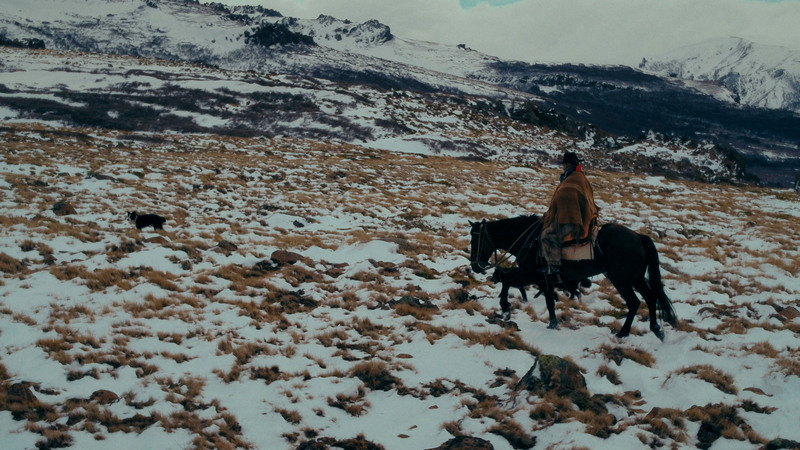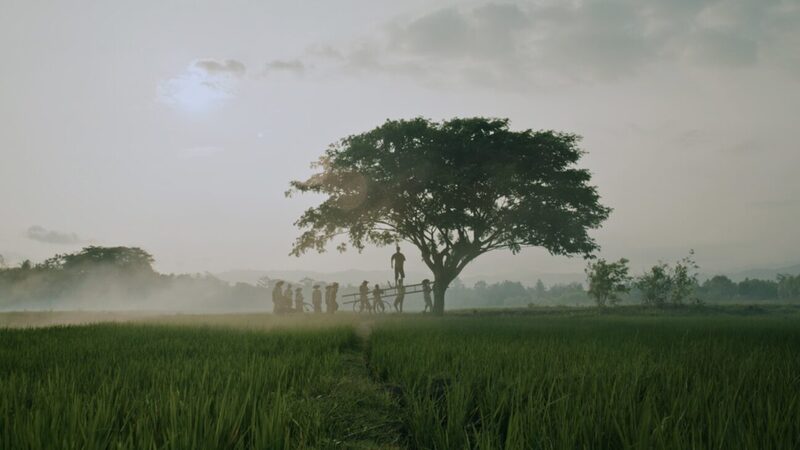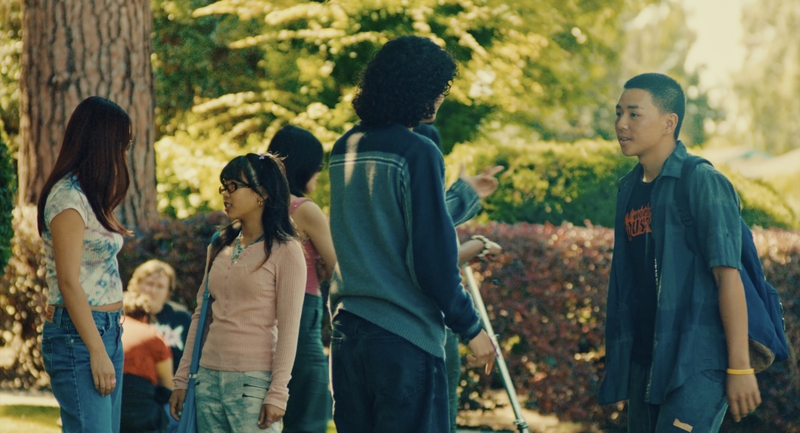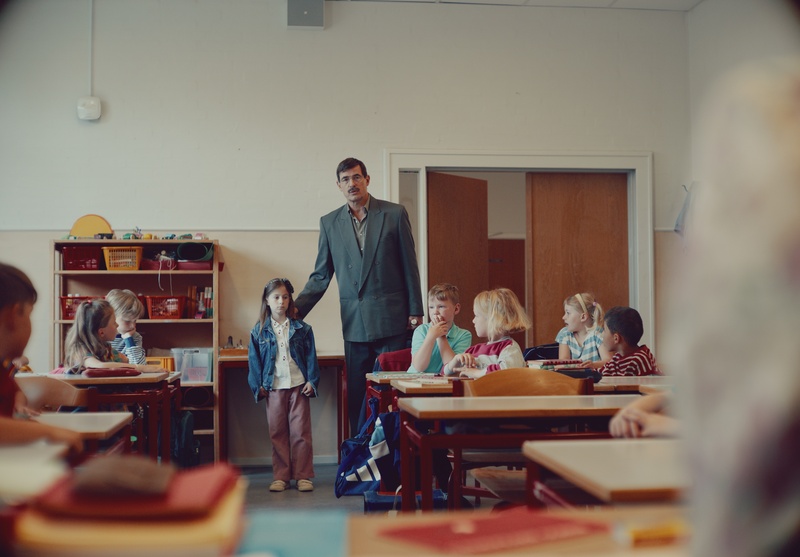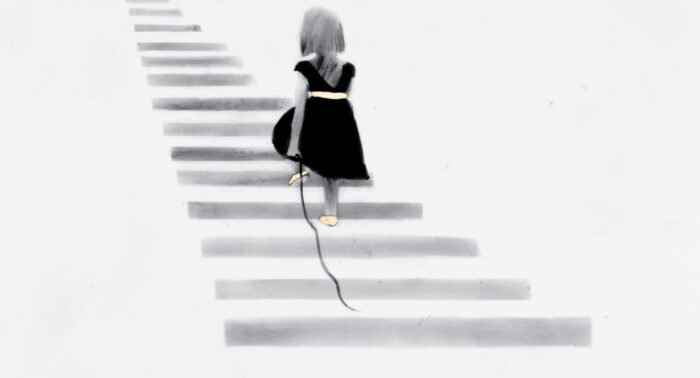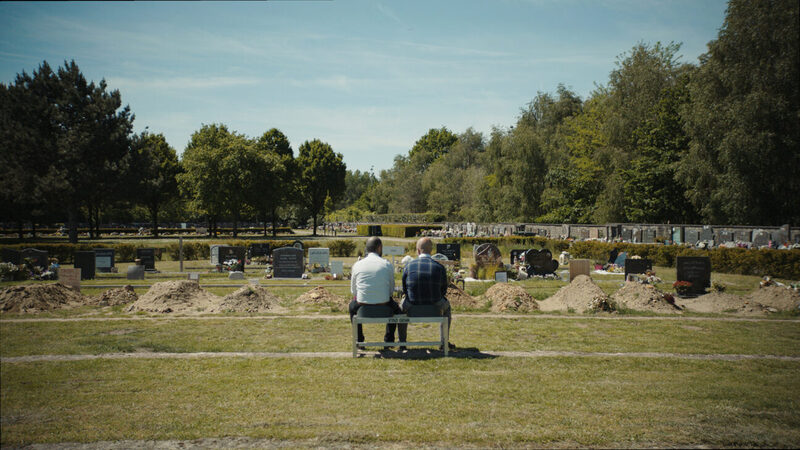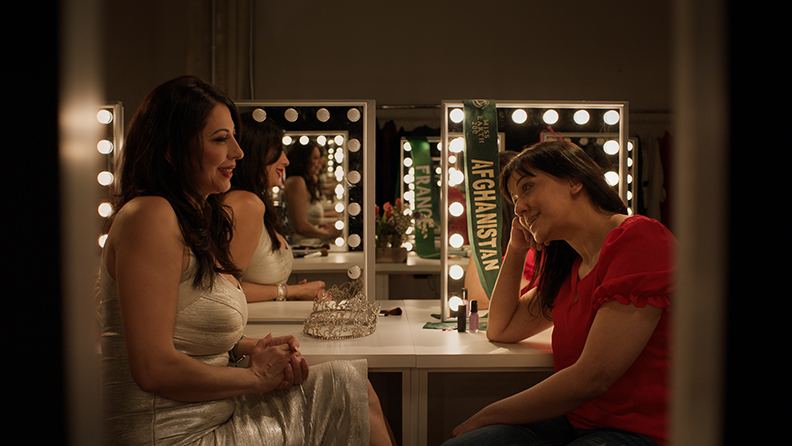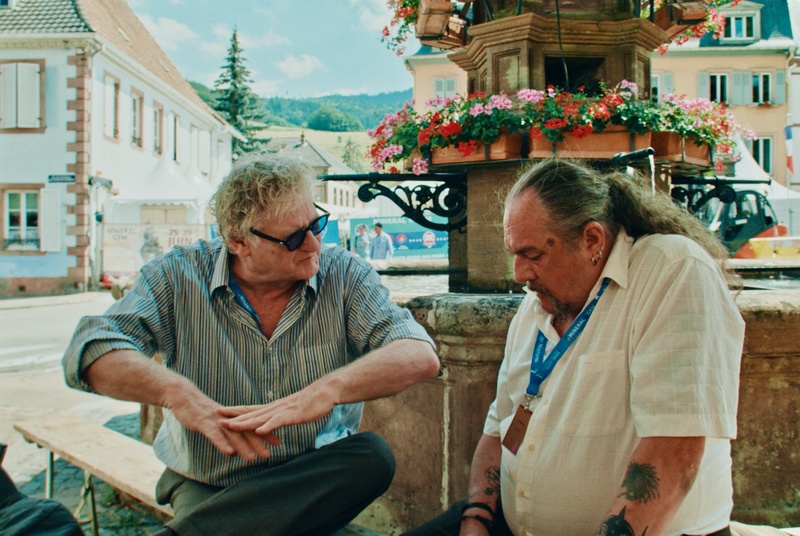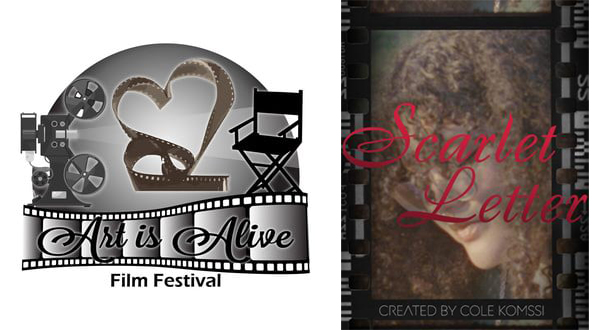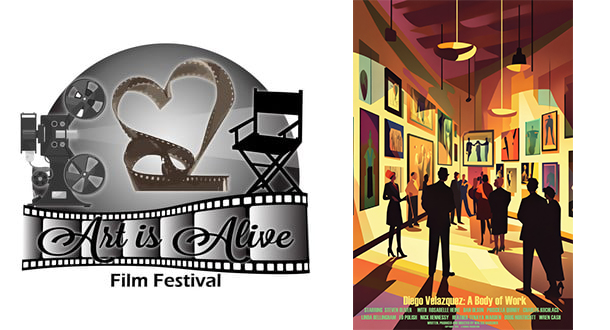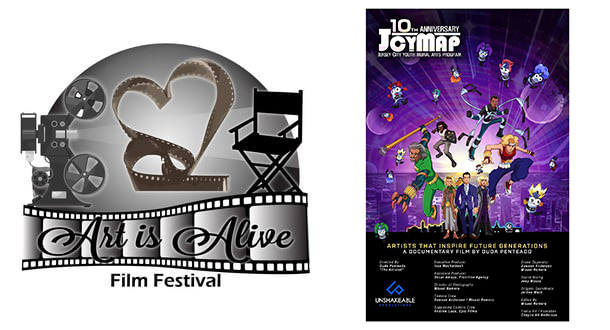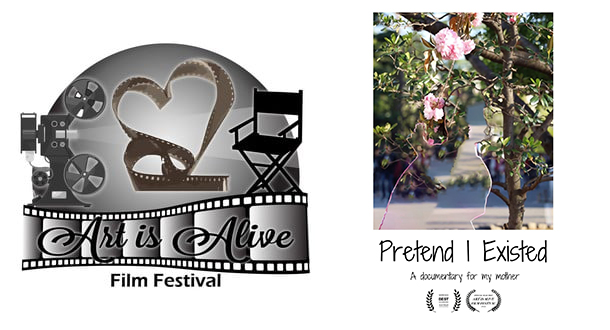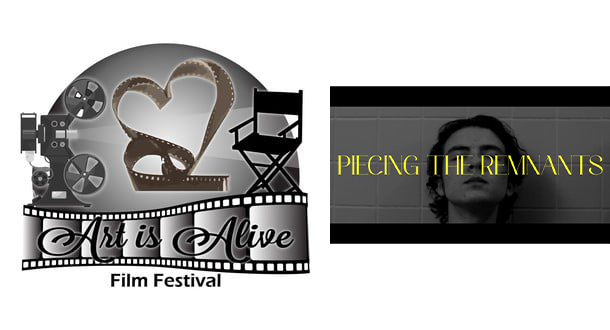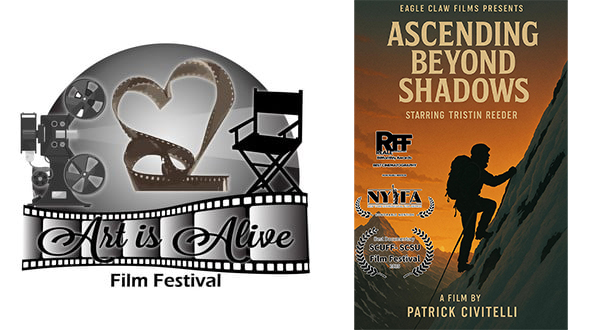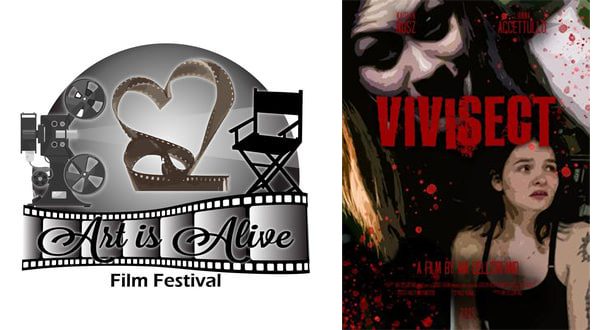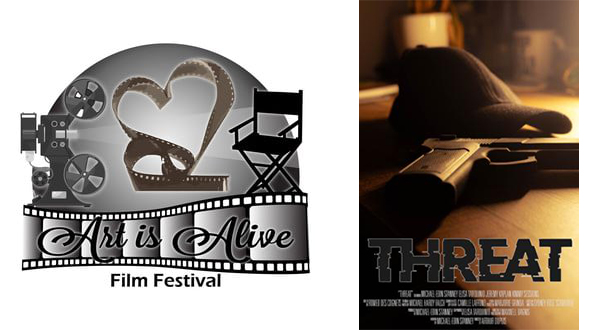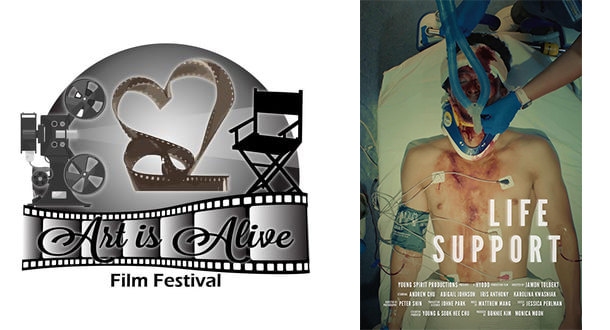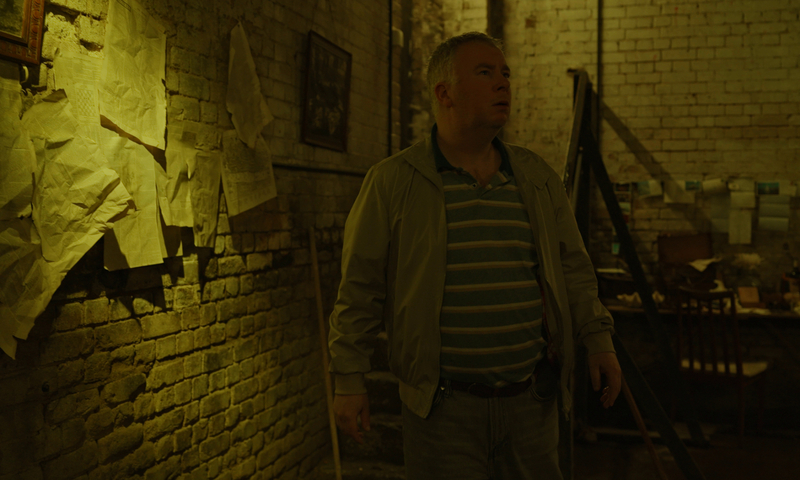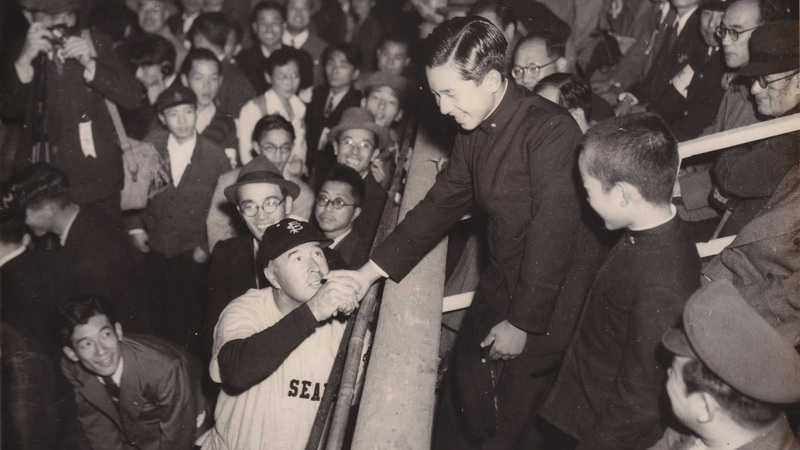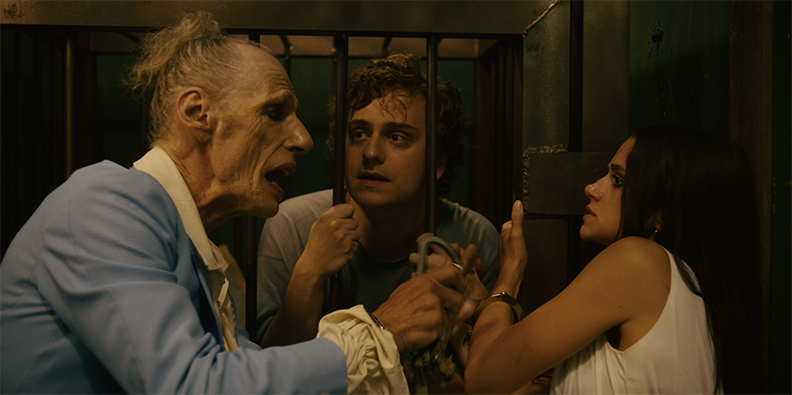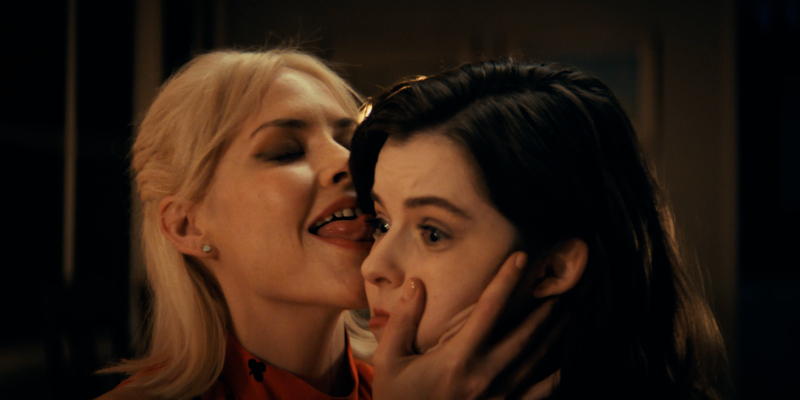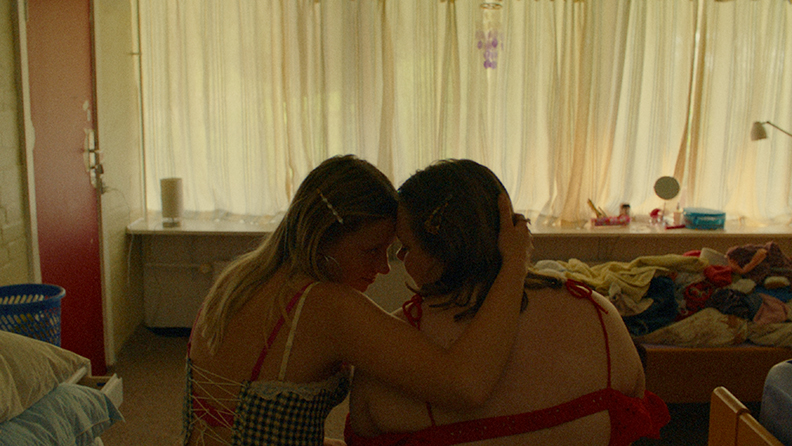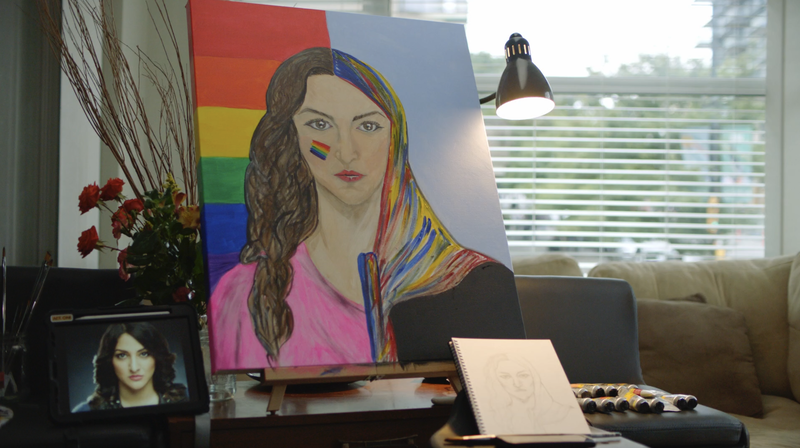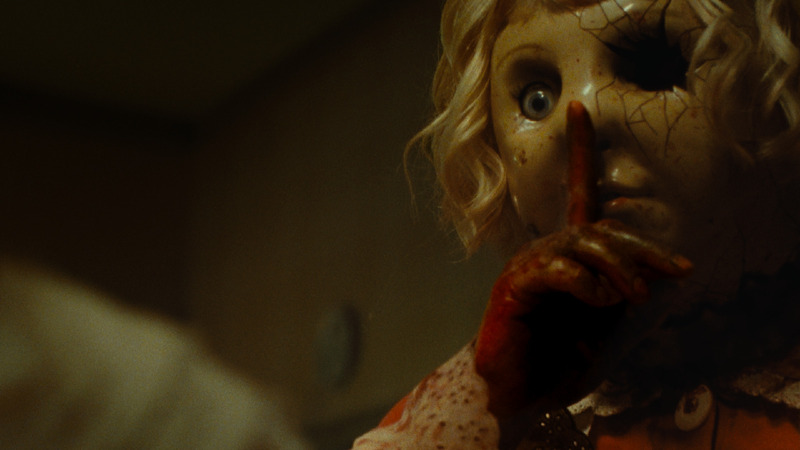This film explores topics and subject matter that may be incredibly difficult to watch and process. It’s not an easy watch, but it's a reality that feels true to the world. WEIGHTLESS finds tension in ordinary moments: a glance across a field, a joke that lands too sharply when you already feel too much. Set at a summer health camp bordered by forest and sea, the film follows fifteen-year-old Lea as she attempts to change her body and, more so, the way she inhabits her own life. That aim sounds simple; the execution is anything but. The camp’s routines—measured portions, group activities, quiet hours—promise control. What the program can’t regulate is attention, and the film understands that attention can be as intoxicating, as painful, and as formative as any number on a chart.

